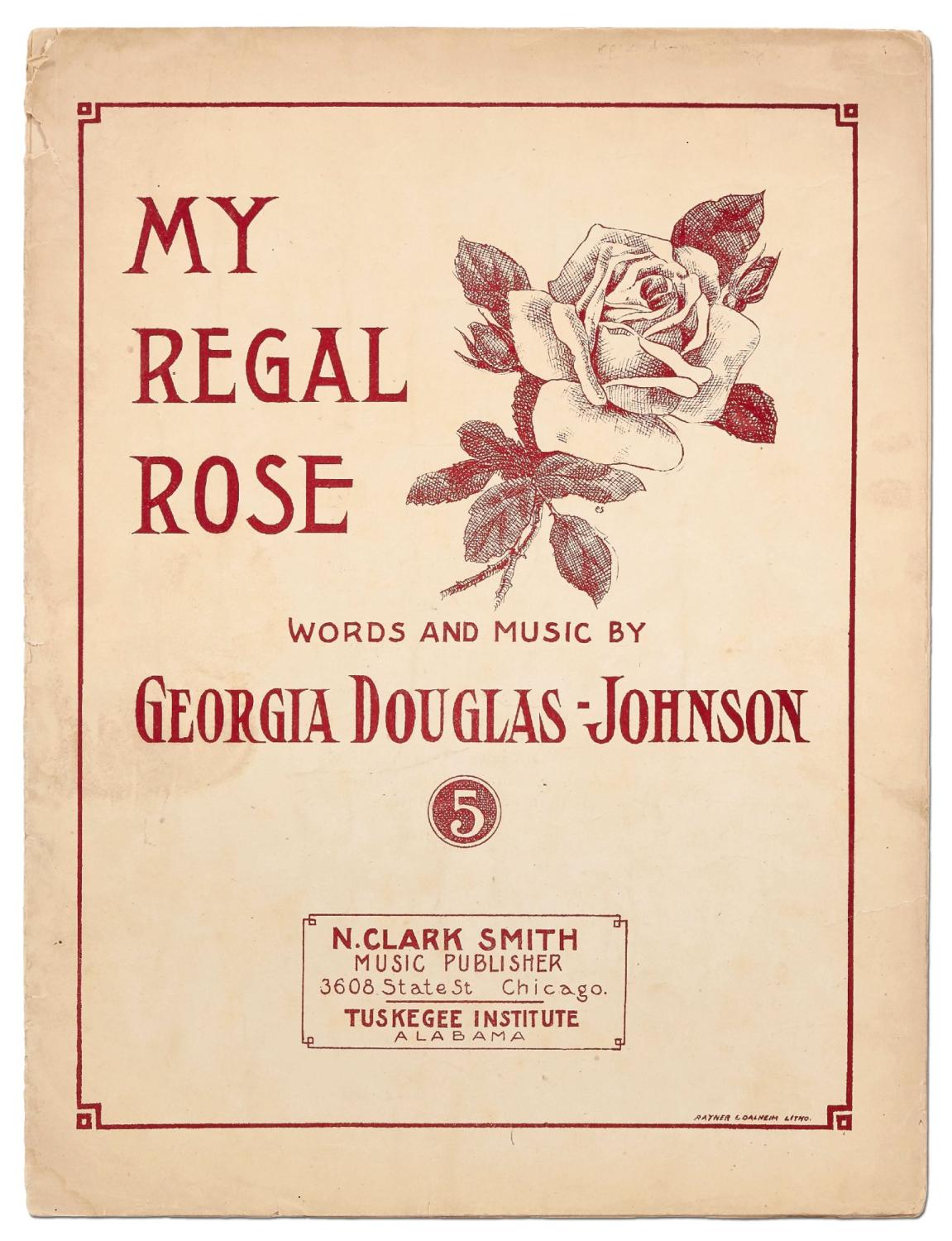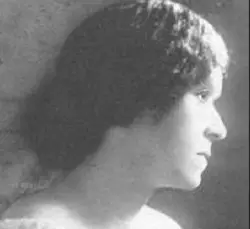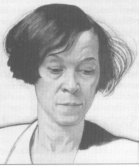

The speaker views the unborn child as her “precious child,” reflecting that the speaker feels deeply for the child. She is a woman who has the biological urges to have a child yet supersedes these urges due to her desire to protect this unborn child from society’s cruelty. Where this poem’s speaker believes that children should be spared from the horrors of the world, Du Bois argues that children are “the only real Progress, the sole Hope, the sure Victory over Evil.” Evidently, the speaker is a Negro mother who maintains an emotional, yet rational perspective on the possibility of motherhood.

Such theorizing is unfalsifiable, though attention should be given to the speaker’s, and not Douglas Johnson’s, wishes. “Motherhood,” thus, may be understood as a caution to Negro women who have not yet birthed children into this world “of cruelty and sin.” Perhaps, Douglas Johnson experienced some degree of regret maybe she wishes that she had unselfishly abstained from bearing children. In 1922, Douglas Johnson was the wife of a successful lawyer-who was unsupportive of her writing-and the mother of two adolescent sons. Properly reared and trained there is not Problem of Wrong that we cannot withstand.” Evidently, “Motherhood” finds its place within this edition as a preface that stands in indirect contrast to Du Bois’s scolding. Du Bois vehemently believes, “…children are the only real Progress, the sole Hope, the sure Victory over Evil. In the opening section of the edition, Du Bois scolds American Negro parents for spoiling their children with “endless candy, toys and kissings” and dressing “them up like living dolls, in ribbons, frills, and furbelows.” He argues that parents provide such indulgence because they themselves had “narrow, sordid, unlovely infancy,” yet that they do so without realizing the repercussions of their actions.

Du Bois- The Crisis’s editor from 1910 to 1934-fashioned an edition dedicated to children, marriage, motherhood, and education. In October 1922, “Motherhood”-a poem by Georgia Douglas Johnson that details the internal battle within a black woman who ponders having a child-was published in the Children’s Number of The Crisis.


 0 kommentar(er)
0 kommentar(er)
